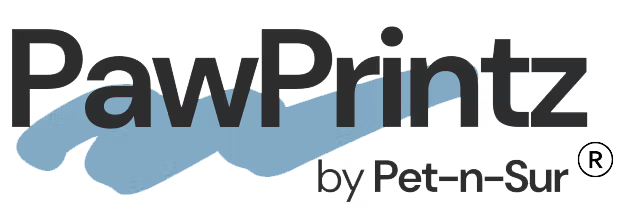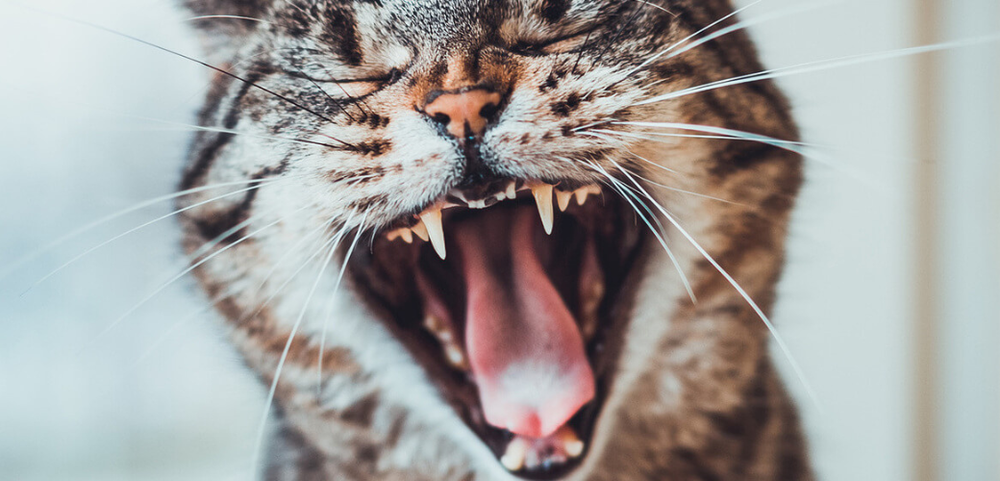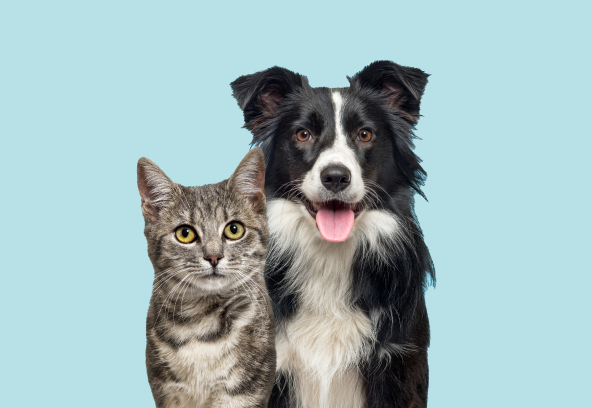Caring for your animal's teeth is an often overlooked yet crucial aspect of responsible pet ownership to ensure your beloved pets lead healthy and happy lives...
27 March 2024
Caring for your animal's teeth is an often overlooked yet crucial aspect of responsible pet ownership. Dental issues can impact our animals' overall health and well-being.
It's essential to establish a regular dental care routine and be mindful of their diet to ensure your beloved pets lead healthy and happy lives.
Daily or Weekly Care Routines
Toothbrushing - Regularly brushing your pet's teeth is one of the most effective ways to maintain oral health. Use a pet-specific toothbrush and toothpaste, as human products can be harmful. Start slowly and gently, allowing your pet to get used to the process over time.
Dental Chews and Toys - Provide your animals with dental chews or toys designed to promote oral health. Chewing helps reduce plaque and tartar buildup, and these products can be a fun addition to their routine.
Regular Vet Checkups - Schedule regular veterinary check-ups, during which your vet can examine your pet's teeth and gums. They can detect and address issues early, preventing more severe dental problems.
Healthy Habits - Encourage habits that promote dental health. Activities like chewing on raw bones or playing fetch with dental toys can help dogs. Cats benefit from gnawing on textured surfaces like cardboard or using dental treats. Horses can maintain better oral health through regular grazing and access to clean water.
Diet and Its Impact
Diet plays a significant role in oral health for animals as well. Here are some things to consider -
Proper Nutrition - Ensure your pets receive a balanced diet that supports overall health. Quality pet food that meets their nutritional needs is essential.
Chewing Action - Foods that require chewing can help naturally clean teeth. Dry kibble for dogs and cats and fibrous hay for horses can assist in reducing plaque.
Avoid Sugary Treats - Sugar can lead to dental decay in pets. Avoid giving your animals sugary treats and table scraps.
Beware of Hard Treats - Be cautious of hard treats and bones, as they can lead to broken teeth. Choose options designed for dental health.
Signs of Poor Oral Health
Recognising the signs of poor oral health is vital...
Bad Breath - Persistent bad breath can indicate dental issues like gum disease or tooth decay.
Difficulty Eating - If your pet shows reluctance to eat or displays discomfort while eating, it may be due to dental pain.
Excessive Drooling - Unusual drooling can suggest oral health problems.
Visible Dental Issues - Look for broken or discoloured teeth, swollen gums, or bleeding when your pet chews on toys or eats.
Behavioural Changes - A pet in pain may become irritable or show changes in behaviour.
Caring for your animal's teeth is crucial to responsible pet ownership. Establishing a regular dental care routine and vet check-ups, maintaining a proper diet and being vigilant for signs of poor oral health are essential to ensuring your furry or equine companions lead happy, healthy lives.
Is your pet covered?
Contact our experts today and discover how you can protect your companion. Alternatively, you can visit ourplans page to find out more about the details of the plans we offer.



